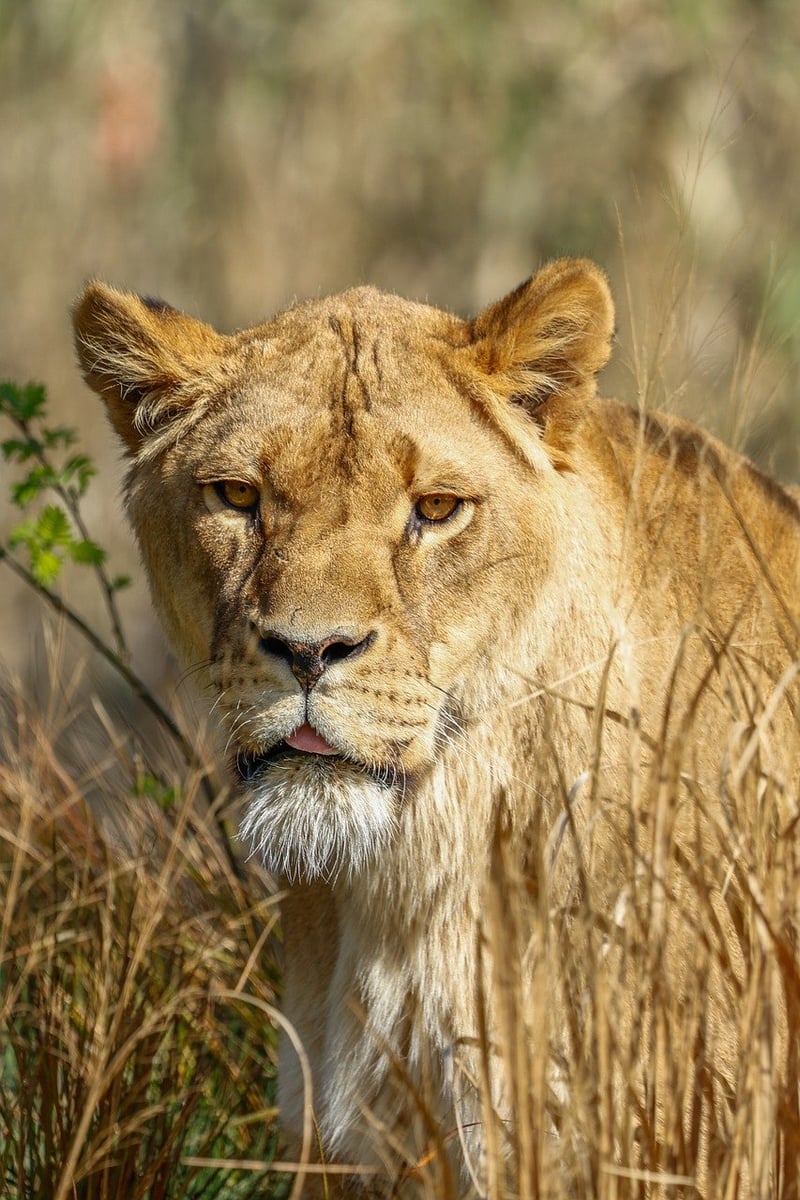Wildlife Awareness
Stay Safe During Adventures: Wildlife Awareness
Embarking on outdoor adventures can be exhilarating, but it's essential to stay safe, especially when it comes to encountering wildlife. Being aware of your surroundings and understanding how to interact with wildlife can make your outdoor experiences enjoyable and safe for both you and the animals. Here are some tips to help you stay safe during your adventures and increase your wildlife awareness:
1. Research the Area
Prior to your adventure, research the area you'll be exploring. Understand the types of wildlife that inhabit the region, their behaviors, and any potential risks they may pose. Knowing what to expect can help you be better prepared.
2. Keep a Safe Distance
When encountering wildlife, maintain a safe distance. Respect their space and avoid getting too close. This not only protects you from potential harm but also prevents unnecessary stress to the animals.
3. Do Not Feed Wildlife
Feeding wildlife can disrupt their natural diet and behavior, leading to dependency on humans for food. Avoid feeding animals you encounter and store your food securely to prevent attracting them to your campsite.
4. Stay on Designated Trails
Stick to designated trails while hiking or exploring. Venturing off-trail can disturb wildlife habitats and increase the risk of encountering dangerous animals. Follow marked paths to minimize your impact on the environment.
5. Carry Bear Spray or Other Deterrents
In areas where bears or other potentially dangerous wildlife reside, carry bear spray or other deterrents as a precaution. Familiarize yourself with how to use these tools properly in case of an encounter.
6. Dispose of Waste Properly
Dispose of waste, including food scraps and trash, properly. Leaving food waste can attract wildlife to your campsite and create dangerous situations. Follow Leave No Trace principles to minimize your impact on the environment.
7. Respect Wildlife's Natural Behavior
Observe wildlife from a distance and avoid disrupting their natural behaviors. Making loud noises, sudden movements, or trying to approach them can cause stress and potential danger to both you and the animals.
8. Educate Others
Share your knowledge and experiences with others to promote wildlife awareness and safety. Encourage responsible behavior in outdoor settings to protect both wildlife and the environment for future generations.
By following these tips and practicing wildlife awareness, you can enjoy your outdoor adventures while respecting the natural world around you. Stay safe, be mindful of wildlife, and cherish the beauty of nature responsibly.

Remember, the key to a successful outdoor adventure is preparation, awareness, and respect for wildlife!
